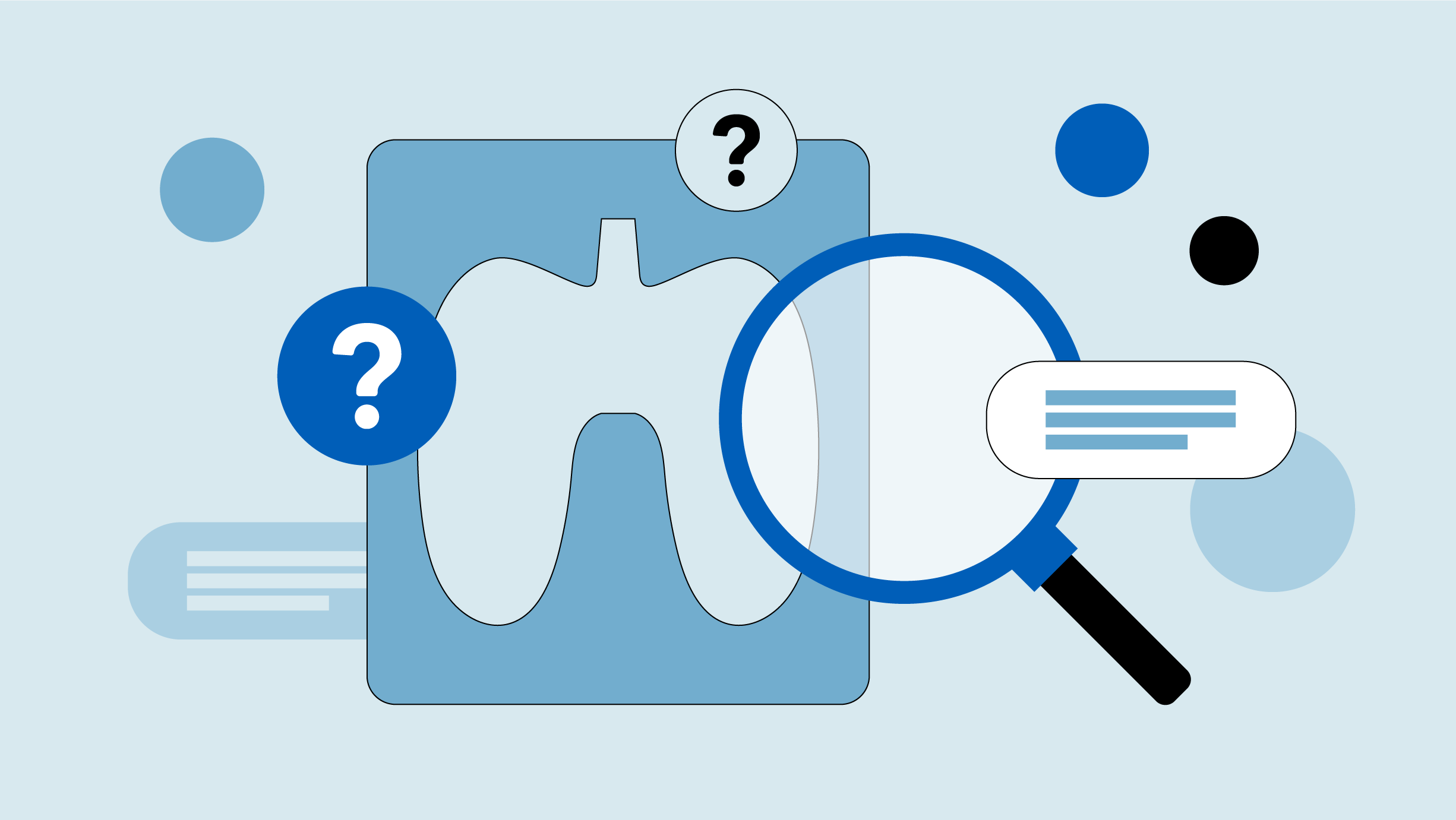What should I tell my care team before I take this medication?
They need to know if you have any of these conditions:
- Heart failure
- Liver disease
- Low platelet levels
- Lung disease
- Tingling of the fingers or toes or other nerve disorder
- An unusual or allergic reaction to ado-trastuzumab emtansine, other medications, foods, dyes, or preservatives
- Pregnant or trying to get pregnant
- Breast-feeding
What may interact with this medication?
- Atazanavir
- Boceprevir
- Clarithromycin
- Dalfopristin; quinupristin
- Delavirdine
- Indinavir
- Isoniazid, INH
- Itraconazole
- Ketoconazole
- Nefazodone
- Nelfinavir
- Ritonavir
- Telaprevir
- Telithromycin
- Tipranavir
- Voriconazole
This list may not describe all possible interactions. Give your health care provider a list of all the medicines, herbs, non-prescription drugs, or dietary supplements you use. Also tell them if you smoke, drink alcohol, or use illegal drugs. Some items may interact with your medicine.
What should I watch for while using this medication?
This medication may make you feel generally unwell. This is not uncommon, as chemotherapy can affect healthy cells as well as cancer cells. Report any side effects. Continue your course of treatment even though you feel ill unless your care team tells you to stop.
You may need blood work while taking this medication.
This medication may increase your risk to bruise or bleed. Call your care team if you notice any unusual bleeding.
Be careful brushing or flossing your teeth or using a toothpick because you may get an infection or bleed more easily. If you have any dental work done, tell your dentist you are receiving this medication.
Talk to your care team if you may be pregnant. Serious birth defects can occur if you take this medication during pregnancy and for 7 months after the last dose. You will need a negative pregnancy test before starting this medication. Contraception is recommended while taking this medication and for 7 months after the last dose. Your care team can help you find the option that works for you.
If your partner can get pregnant, use a condom during sex while taking this medication and for 4 months after the last dose.
Do not breastfeed while taking this medication and for 7 months after the last dose.
This medication may cause infertility. Talk to your care team if you are concerned with your fertility.
What are the most serious risks of this medication?
This medication may cause heart muscle disease. This makes it hard for your heart to pump blood to the rest of your body. Talk to your care team right away if you have weakness or fatigue, shortness of breath, swelling of the ankles, feet, or hands, or sudden weight gain.
Males who get this medicine must use a condom during sex with female partners who can get pregnant. If you get a woman pregnant during treatment, the baby could have severe birth defects or die before they are born. You may need to continue to avoid getting a female pregnant after stopping the medicine. The length of time depends on the medication. Talk to your healthcare provider about how long you should continue to wear condoms after stopping the medicine. Tell your healthcare provider right away if your partner becomes pregnant while you are taking this medicine.
This medication may cause serious birth defects if taken during pregnancy. Do not take this medication if you are pregnant.
This medicine can cause serious, life-threatening liver damage.








